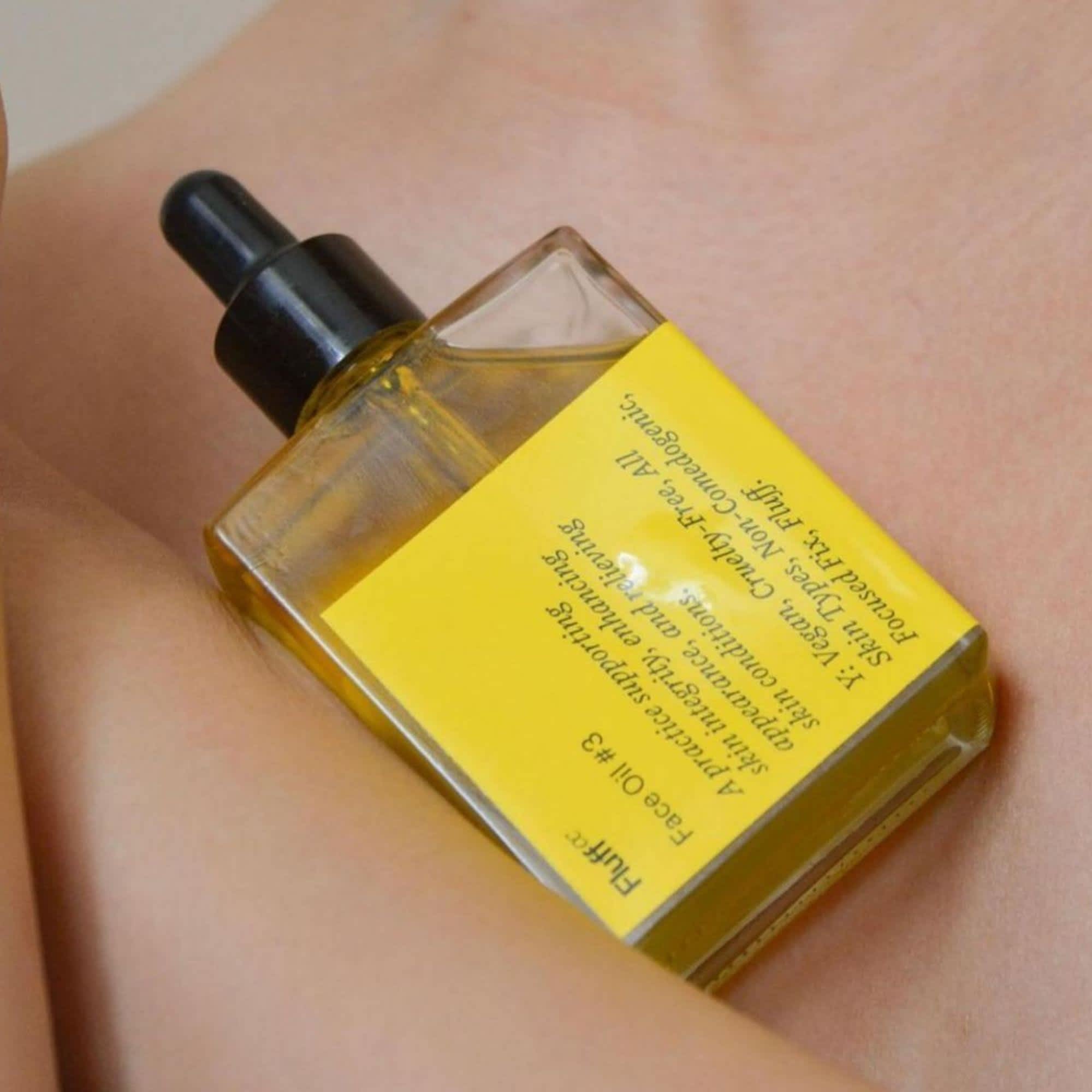
- POPSUGAR Australia
- Beauty
- Humanity, Sustainability, and Inclusivity: Jennifer Norman Wants to Make It Happen in Beauty
Humanity, Sustainability, and Inclusivity: Jennifer Norman Wants to Make It Happen in Beauty

Too often, the best beauty stories go Untold, based solely on a person’s skin color, gender expression, religion, disability, or socioeconomic status. Here, we’re passing the mic to some of the most ambitious and talented voices in the industry so they can share, in their own words, the remarkable story of how they came to be – and how they’re using beauty to change the world for the better. Up next: Jennifer Norman, a former beauty executive who founded the skin-care brand Humanist Beauty as well as the Human Beauty Movement, a purpose-driven company on a mission to support radical inclusion, wellness, and sustainability in the beauty industry.
I started my career in beauty at L’Oréal, and I remember thinking, “Oh my gosh, I’ve arrived!” I finally found something that I was passionate about. Once the beauty business gets into your blood, it’s something that you just gravitate to, so I never looked back. After that, I spent a short amount of time at Victoria’s Secret, then I worked at Neutrogena for seven years before venturing out west.
As much as I loved working for these companies, seeing the progression of what was happening in the market, and thinking about the evolution of the economy at large, things started to shift and cause me to pause and think about how my work was showing up in the world. What I was finding was that there are these wonderful people and companies making great products that were not necessarily the best for society or for wellness as a whole. A lot of decisions were being made because people were beholden to the bottom line of their incentives – everybody wanted to make a number for the year, or for the quarter, or for the anniversary.
People and the planet are inextricably linked, so whatever you’re doing to the people, you’re doing to the planet, and whatever you’re doing to the planet, you’re doing to the people.
It really spawned this unsustainable growth model, which fueled product proliferation and inevitably a lot of waste. It also fueled gluttony in the marketplace from consumers who had this “Gotta have something new even if they haven’t finished the old” mentality – like, who even finishes a tube of lipstick anymore? It was this whole idea of churning, wastefulness, consumption, and growth at any cost, and it would not only place stress on the market, but it would also place stress on the environment and the people working for those companies. And, frankly, it was stressing out the psyches of the people who were buying.
There’s this idea of deceptive marketing tactics in order to sell an ideal and in order to sell this version of beauty that wasn’t real. I was consulting for a few companies and was faced with the same stories over and over again, and I said, “If it’s so difficult for people to strive for change inside these organizations, then I must be the one to lead the initiative from the outside and become a leader and become an example and a role model for how things should be done in the beauty space and beyond.”
I founded the Human Beauty Movement in 2019 to represent three different values: radical inclusivity, holistic wellness, and sustainability. It’s a shift in culture. It’s an organization that stands as a force for good to bring real beauty into the meaning of the marketplace. It’s a place that fosters conscious capitalism within the beauty industry, which is really the idea of putting people and planet before profits and making sure that all decisions are centered around whether or not you’re doing things that are right and sustainable for people’s wellness and for the environment. People and the planet are inextricably linked, so whatever you’re doing to the people, you’re doing to the planet, and whatever you’re doing to the planet, you’re doing to the people.
The Human Beauty Movement is a place where everybody can feel like they belong and like they have a seat at the table, and everybody has their version of beauty. Nobody has to feel like they have to live up to this idea of perfection as set by anyone else but themselves. It’s not a place where we just fall back on our laurels and say, “I’m not going to change”; it’s really about knowing what you were and knowing that you can be a little bit better every day on your terms.


